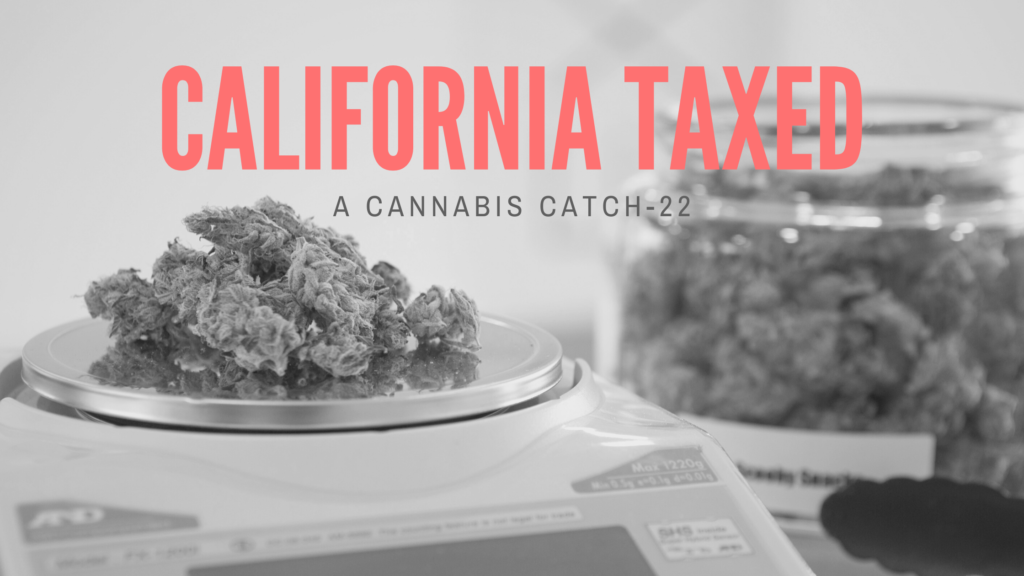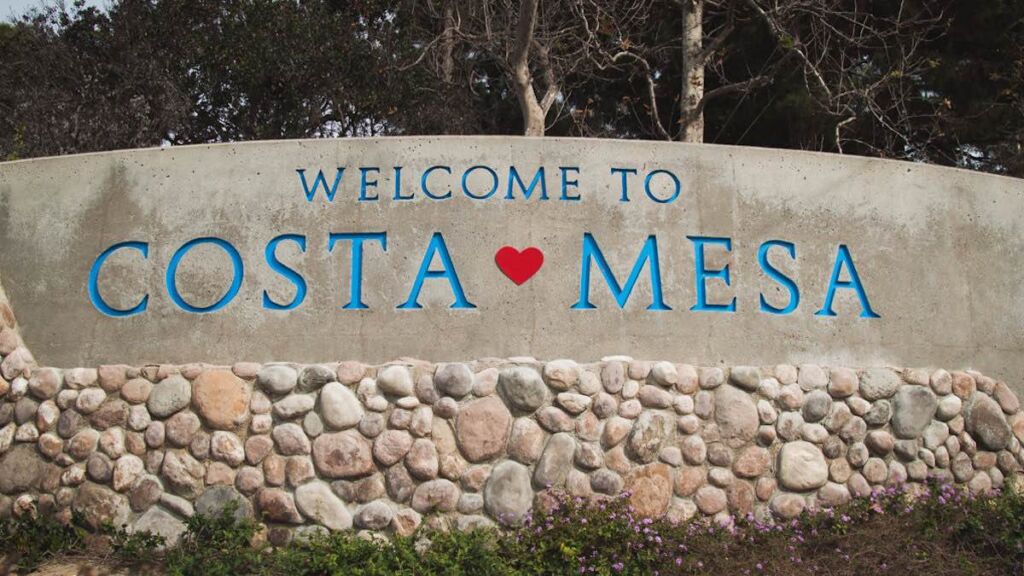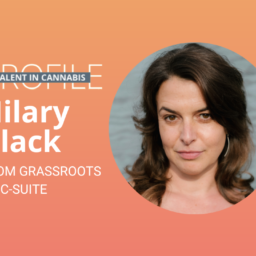
Ben Curren from Forbes recently wrote an article titled “California Cannabis And Taxes: A Shining City on the Coast.” It was a well clobbered together little piece of literature, but it did have a few factors worth noting that are important for us to keep in mind: since the day legal cannabis retail sales began in January 2018 until January 2020, the state collected more than $1billion in taxes, and that’s state-level taxes.
That’s an important distinction because the largest and more pervasive daily onslaught we have to combat is taxes imposed at the local level,— a delicate balancing act of creating remuneration for the privilege, sure, but one that we have categorically blown considering how egregious the ultimate purchase price is for your average legal landscape participant. This poses several questions and serves as a good reminder: if the taxes are indeed too damn high, potentially creating disequilibrium from a consumer standpoint, will interested money from the funding perspective just decide to take their investment capability elsewhere, to new markets say? If so, what does that mean for our California cannabis enclave?
In CA, cannabis businesses have a typical 15% tax on wholesale products and a cultivation tax of $9.25 an ounce. That’s in addition to sales tax mind you. The example of local state taxation in application from Ben’s article was Costa Mesa, which features a 6% local tax for distribution and manufacturers’ gross income, specifically in a small part of their town designated “The Green Zone.”
Between 2017-2019, 29 licenses were approved to operate in Costa Mesa, and thus far only 10 of those are live and operational. With this “tax-on-tax” regime in place, the expense of doing business in Costa Mesa simply made most potential operators balk. Because of said bust, Costa Mesa made a small oversight group (a slipshod committee which forgot to include a single professional with cannabis industry experience) and brought taxes down from 6% to 1%. Is bringing those taxes down a hard sell to a constituency of perhaps the cannabis disenchanted? We have to believe to some degree, yes. We (the Costa Mesaean peoples in this instance) are hosting cannabis and now all of a sudden might have fewer funds to repurpose into our little hamlet? What gives?


So, how do we (Costa Mesaeans) make up for that shortfall? Take it to a vote and open another sliver of cannabis commerce, this time cannabis retailers (instead of taxing one aspect, they’ll just tax the b-Jesus out of another sliver). Now, it’s on the ballot in November, and with it comes a “palatable 4-7% tax rate on these new retailers, obviously a nod from the hard lesson the 6% ”manufacturing and distribution debacle taught them. I repeat, they learned their lesson about not overtaxing these businesses by potentially taxing retail more. The idea is so simple; if we (Costa Mesaeans) make more retail excursions, sales will go up, and by virtue of that, the tax bases and business opportunities for the other cannabis purveyors in Costa Mesa, distribution and manufacturing, will go up. The math obviously checks out, right? Well, one profound issue could stand out: new sales do not guarantee more business for those manufacturers and distributors. Still, gotta fix them pot-holes.
Coda: Let’s walk back.
California has too much promise compared to other states; this fickle plant does extremely well here. We’ve got decades of cultivation experience behind it, as well as a few remnants of supply stability (October gonna be cray), but does that make it infallible? Going back and taking in a broader swath of consideration, will the sidelined capital decide to look elsewhere? It depends.
Some states are orchestrating new tax brackets, which is a damn good move considering that all these states are officially vying to host cannabis companies going forward Jobs, capital, facilities, sure that’s all well and good, but if you actually realize that some states have several busted theses from a taxation standpoint, or have serious constraints —which they do— well, some of these lurking coined persons will just wait until the next market pops up, take the same cash that was earmarked for Cali expansion and repurpose the capital and tag on a few “experts” to slice off their gilded share of these new states.
Does it really matter if the money that was destined for CA coffers goes to Philadelphia? Yes! Say what you want about cannabis ultimately being something of extreme importance; right now, it’s dealers’ choice, and more importantly, it’s likely a good time for the funding side to get practical. People could head into CA for the largesse and the privilege of trying to win what is pound for pound the most competitive space, OR they could saddle Minnesota with a few million: cheaper labor, cheaper real estate, oh and by the way, just repurpose some of the expertise you found in CA and have them oversee these newly minted fiefdoms.
Does that mean CA will stall? Of course not, let’s not be so deluded into thinking that this will pump the breaks on expansion mode, but there are adverse reactions all the same. Although there is expansion, that doesn’t mean we will have full expansion. If we don’t have full expansion, a litany of places in the state won’t feature as much cannabis commerce, and by virtue of that, will give the illicit marketplace just that much more oxygen.

















